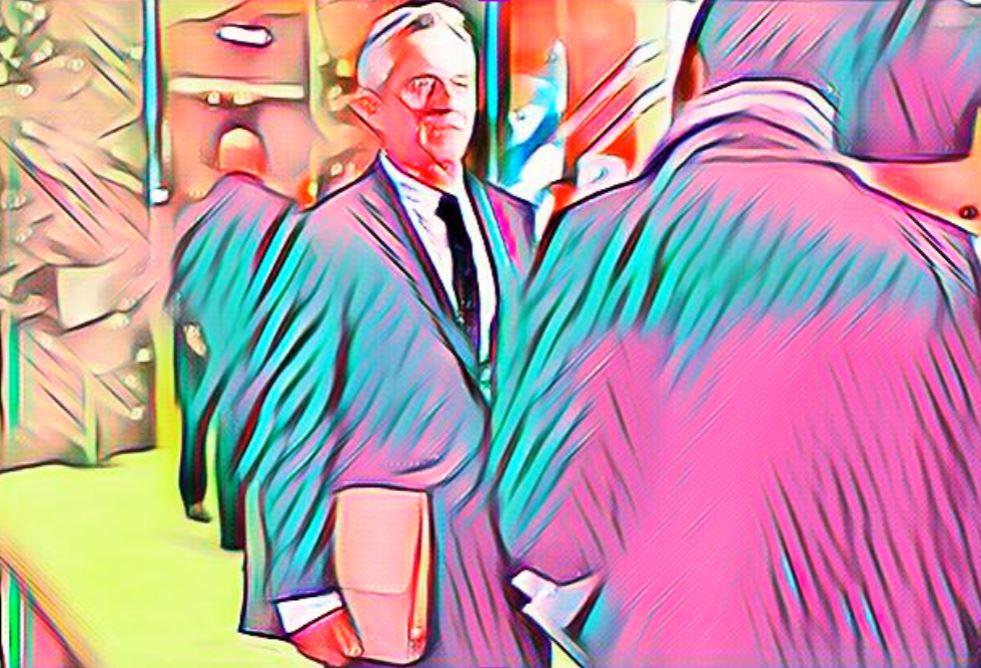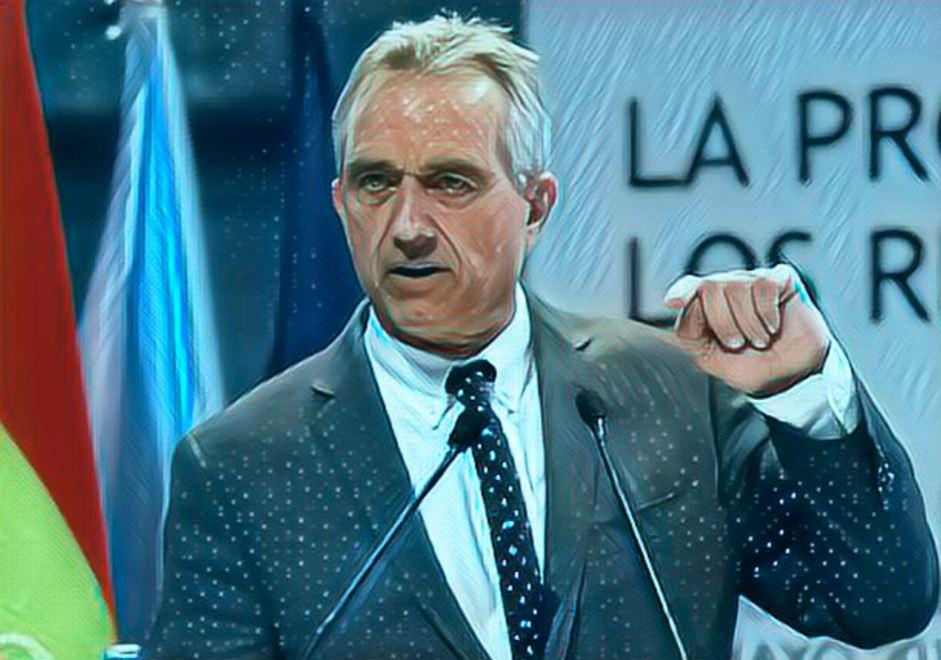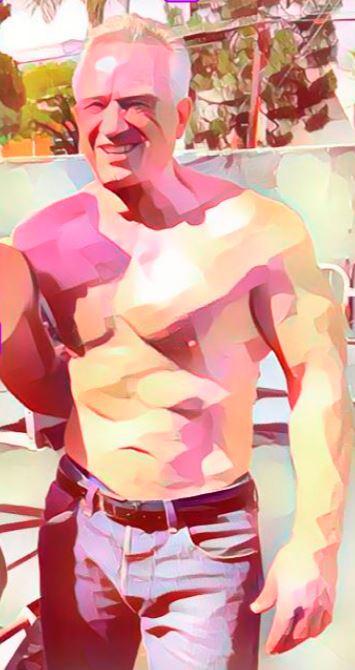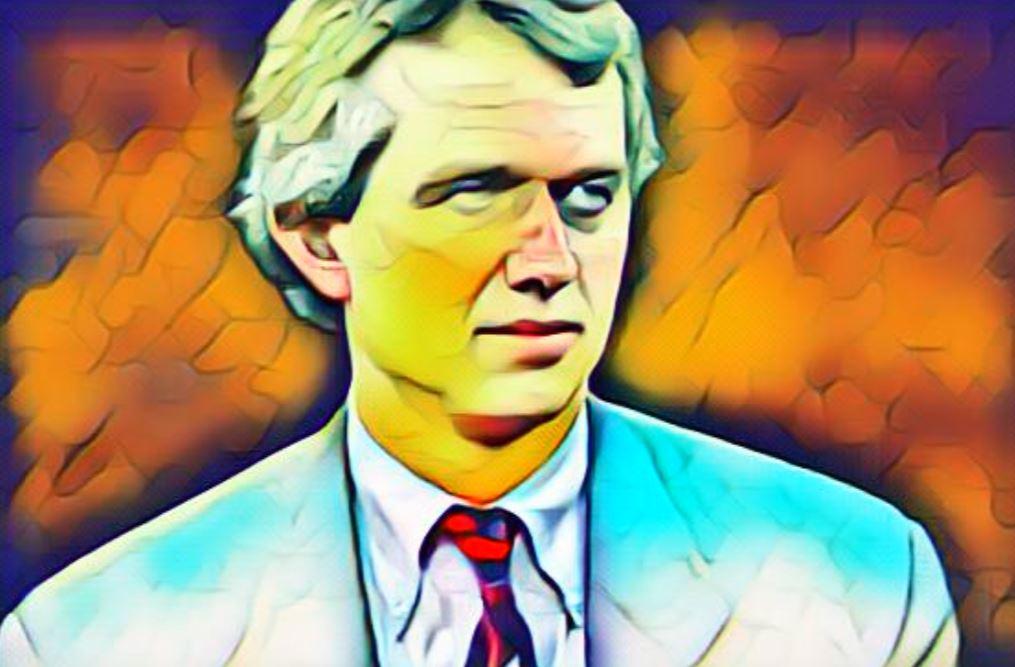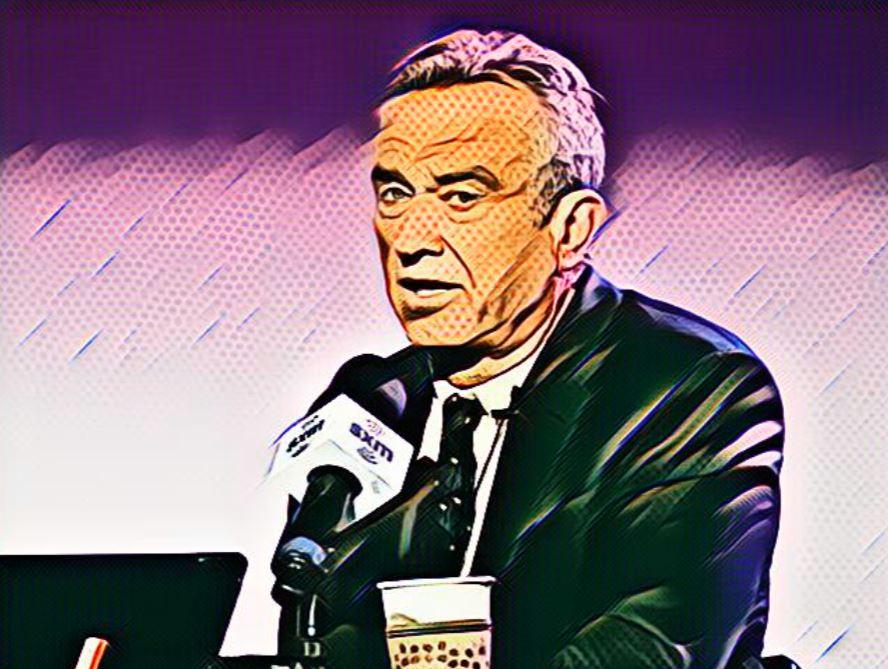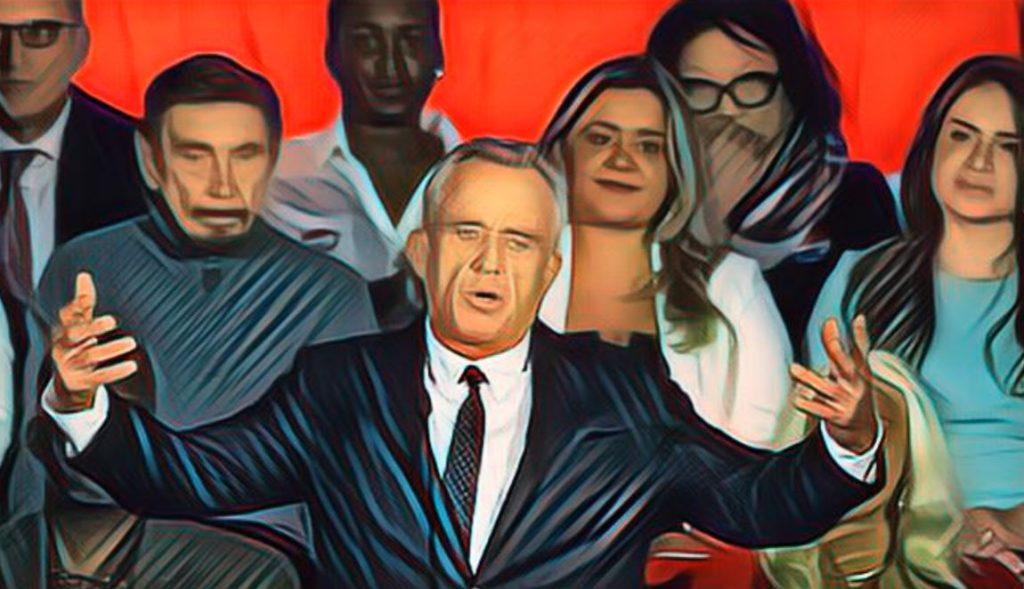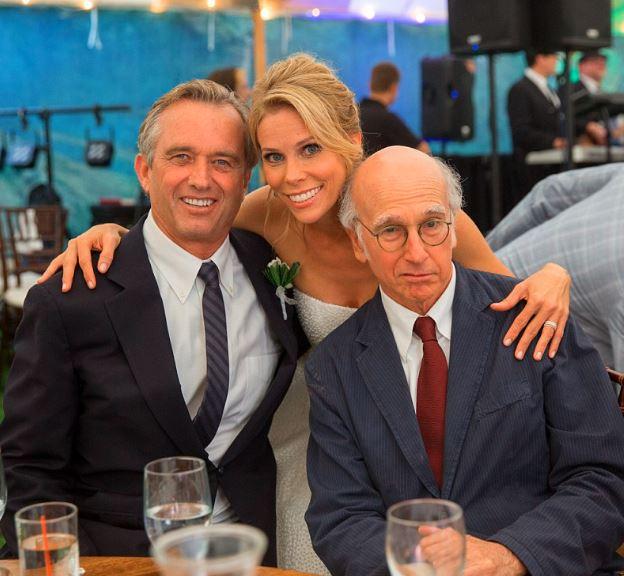Is RFK Jr a VP Candidate? For Either Party?
Is RFK Jr currently a VP candidate? No, Robert F. Kennedy Jr. is not currently a candidate for Vice President of the United States. Some key points: RFK Jr. has never run for or been elected to any major public office. He is a lawyer and environmental activist. In 2020, there was some speculation that RFK Jr. could be considered by Joe Biden as a potential VP pick. However, Biden chose Senator Kamala Harris instead. RFK Jr. was mentioned as a possible VP choice for Jill Stein on the Green Party ticket in 2016, but she ultimately chose Ajamu Baraka as her running mate. Some progressive activists have voiced support for an RFK Jr. candidacy in the past, but he has never officially campaigned or been nominated by any party. He is the son of Bobby Kennedy, who was assassinated in 1968 while running for the Democratic presidential nomination. RFK Jr. has not followed his father’s steps into pursuing high-level elected positions. While he comes from a legendary political family, RFK Jr. himself has not held elected office or officially run a campaign to become Vice President, despite some speculation that he could in the future. Will Trump choose RFK Jr as his VP running mate? A Trump/RFK JR ticket? Currently here is no indication that Donald Trump is considering Robert F. Kennedy Jr. as his potential running mate for the 2024 election. A few key points: RFK Jr. is a Democrat who endorsed Hillary Clinton in 2016. He is not aligned with Trump politically. Trump has criticized RFK Jr. in the past for his views linking vaccines to autism, which Trump disagrees with. In 2020, RFK Jr. supported the Green Party presidential ticket of Howie Hawkins and Angela Walker. This goes against Trump and the Republican Party. RFK Jr. has promoted unfounded conspiracy theories about voter fraud in the 2020 election, claiming Trump won. However, Trump has not reciprocated interest in RFK Jr. as a running mate. Trump’s potential VP considerations for 2024 are expected to be Republican politicians like Mike Pence, Nikki Haley, or Kristi Noem rather than a Democrat like RFK Jr. RFK Jr. has never held elected office before. Trump is likely to choose someone with more political experience. At age 68 in 2024, RFK Jr. doesn’t meet the typical age demographic for a VP running mate. Trump may prefer someone younger. Why is there speculation that Trump may considering taking RFK Jr as his VP? The reason that President Trump may indeed take RFK Jr either as his running mate or give him a cabinet position is as follows: Trump hates the GOP establishment, and he does not owe them anything after they deserted him when he lost to Biden in 2020. Also, Trump is partial to big names, and Kennedy is as big as it gets in the political realm. Trump has praised RFK Jr, and RFK Jr has praised Trump. Something is going on here. “He’s a very smart person. I know a lot of the members of that family, and he’s a very smart guy. And he’s hit a little bit of a nerve. And a lot of Democrats I know want to vote for him,” Trump said in an interview on “Sunday Morning Futures” broadcast on Fox News about RFK Jr. RFK Jr has in turn praised Trump: “We’re gonna try to get the president to debate, we think it’s really important. It is important for the Democratic party because ultimately the president will have to debate a Republican, and likely, we don’t know, but it’s gonna be Trump…(he) has his own technique that people like, and it is like going to a prize fight and you need practice. And that usually happens during a primary, and asking [Biden] not to debate during the primary is like asking a prize fighter to practice for his big bout by sitting on the couch and eating Chick-fil-A,” he added. CBN News Discusses a potential Trump & RFK Jr Ticket:
Is RFK Jr a VP Candidate? For Either Party? Read More »

